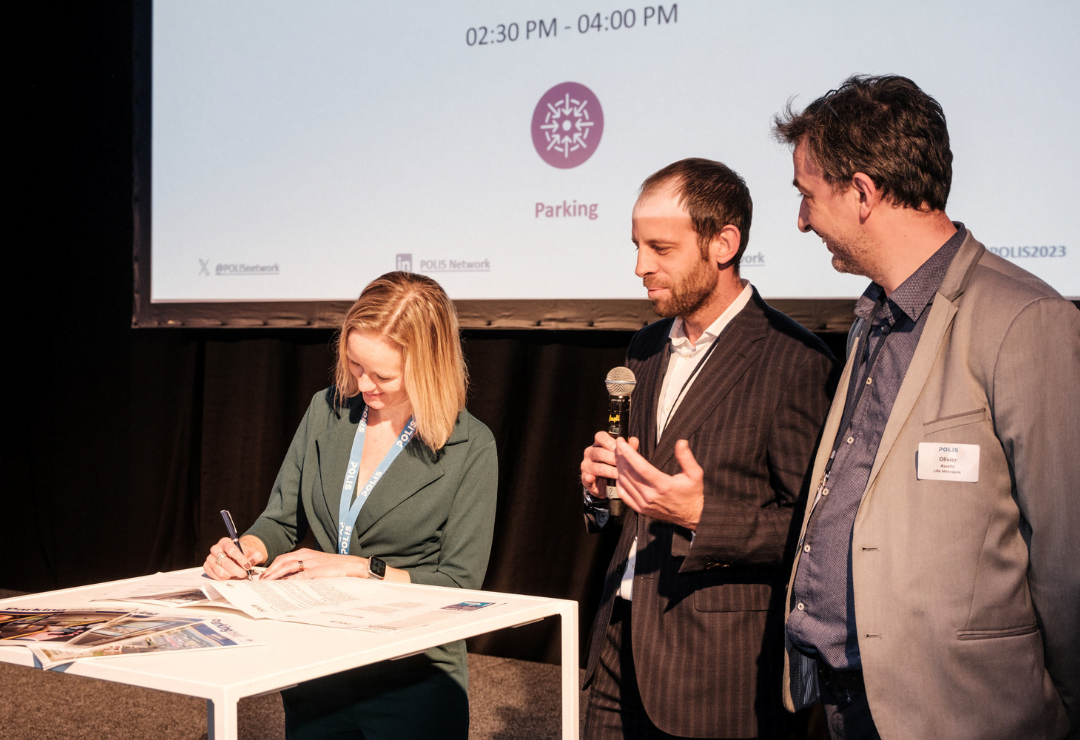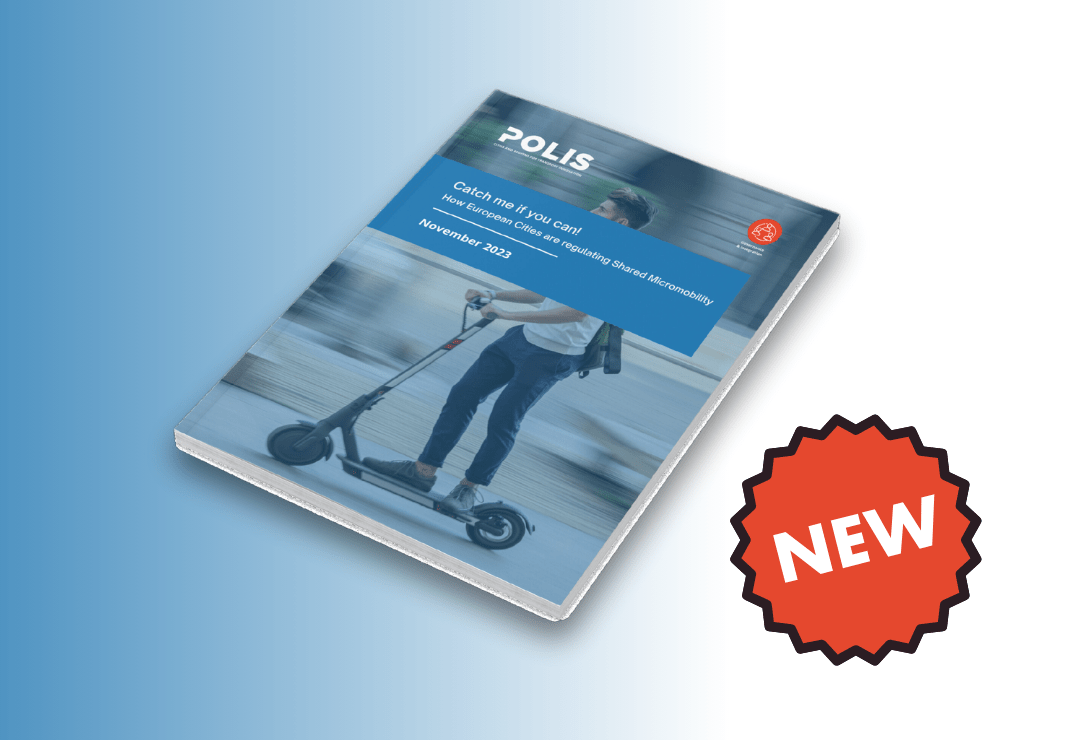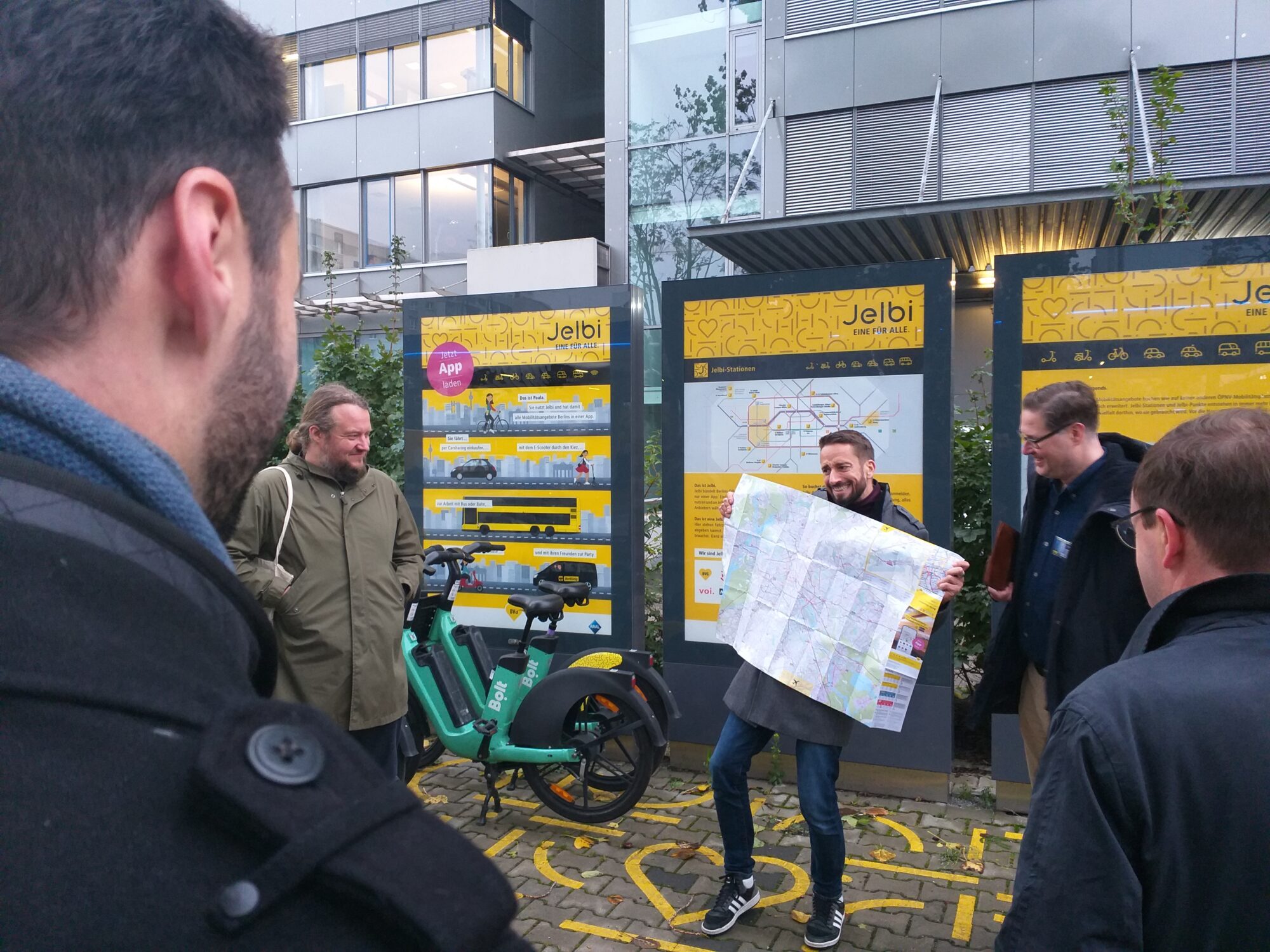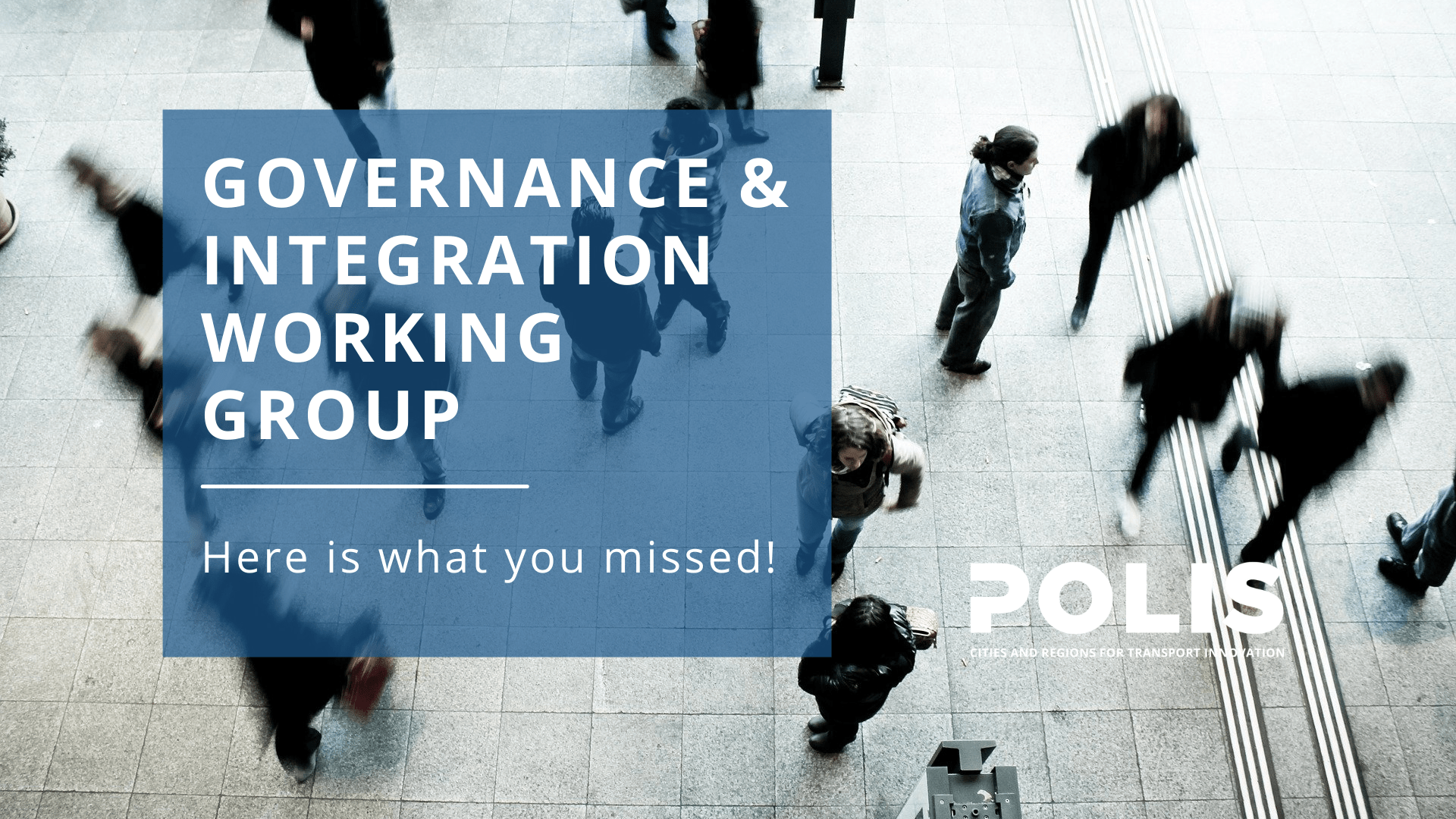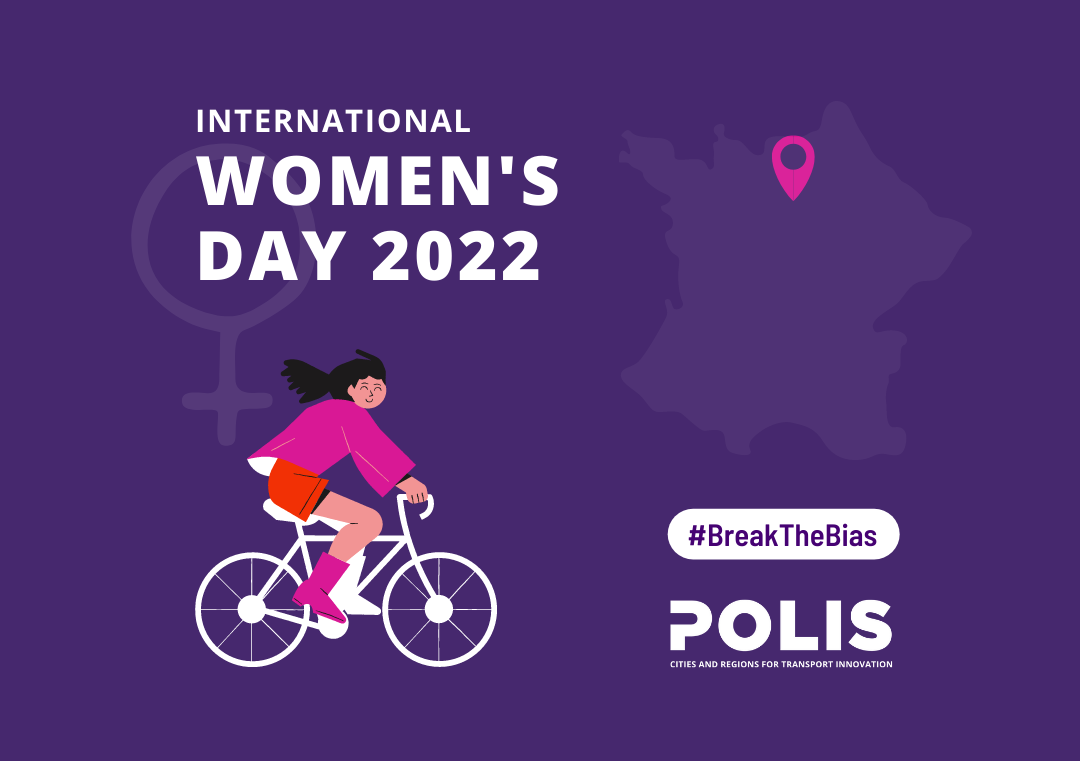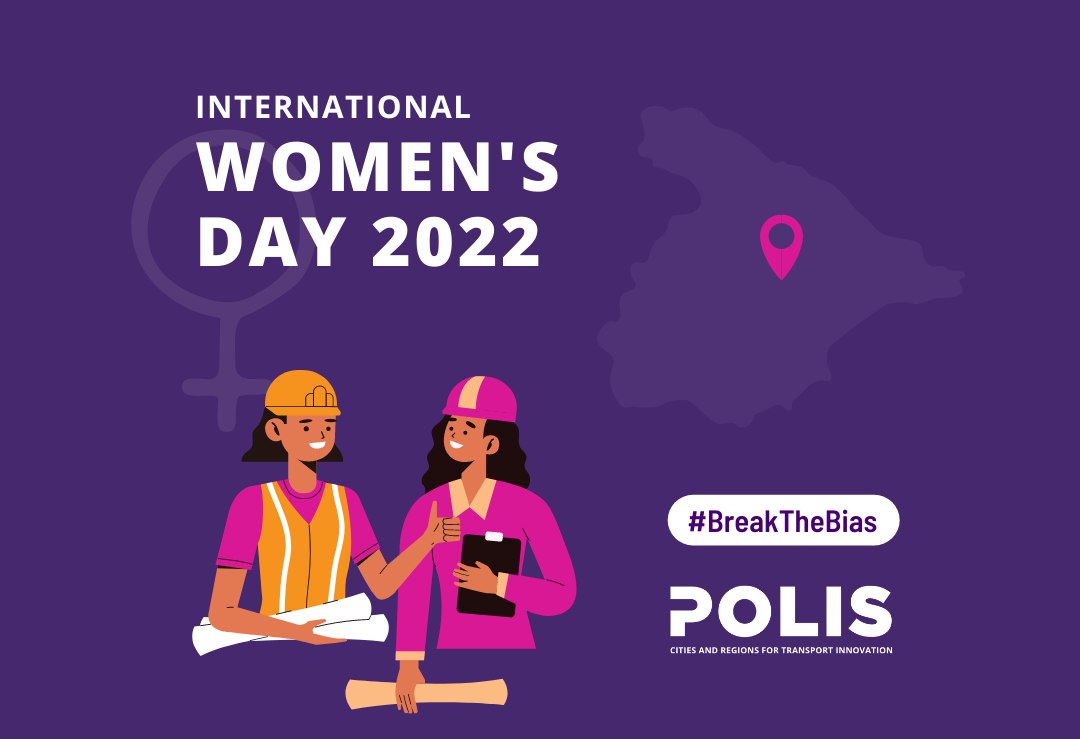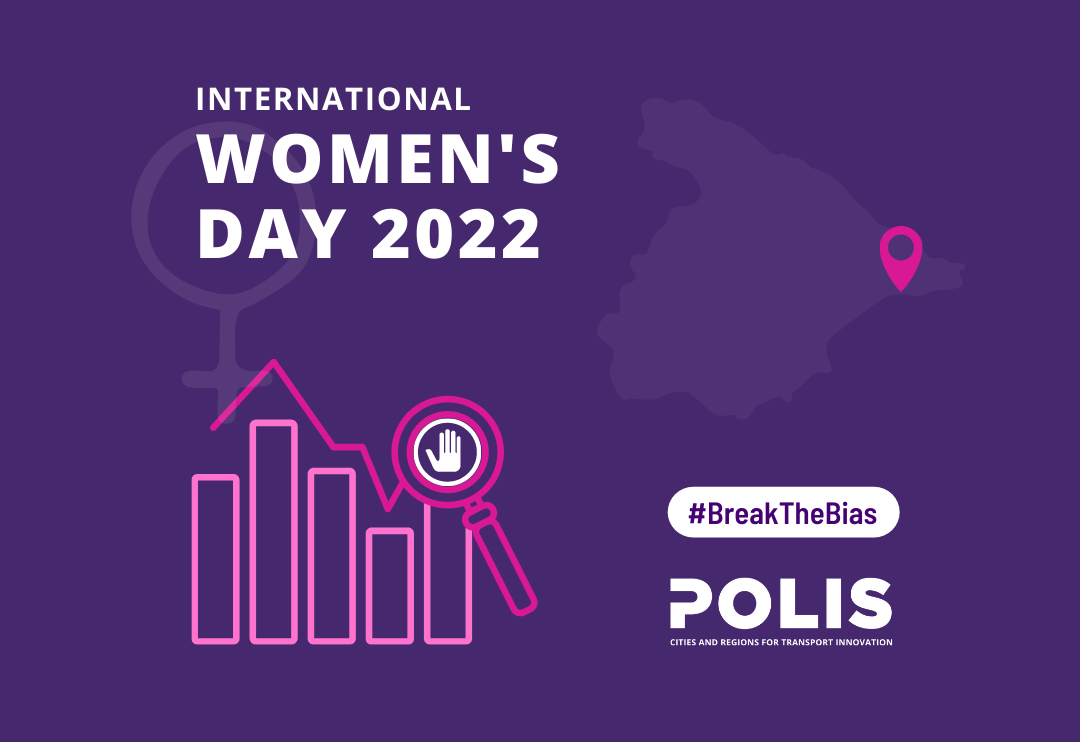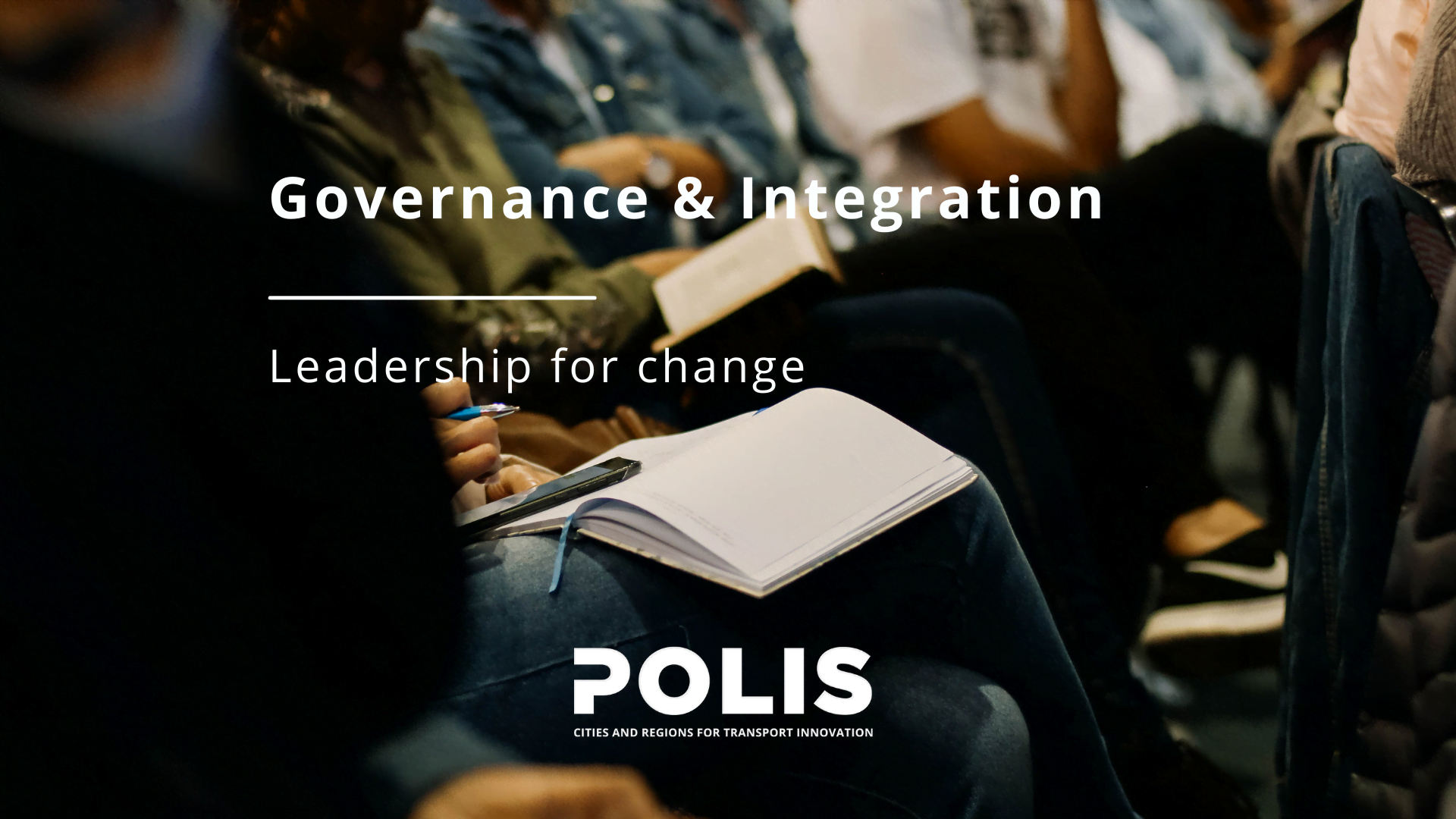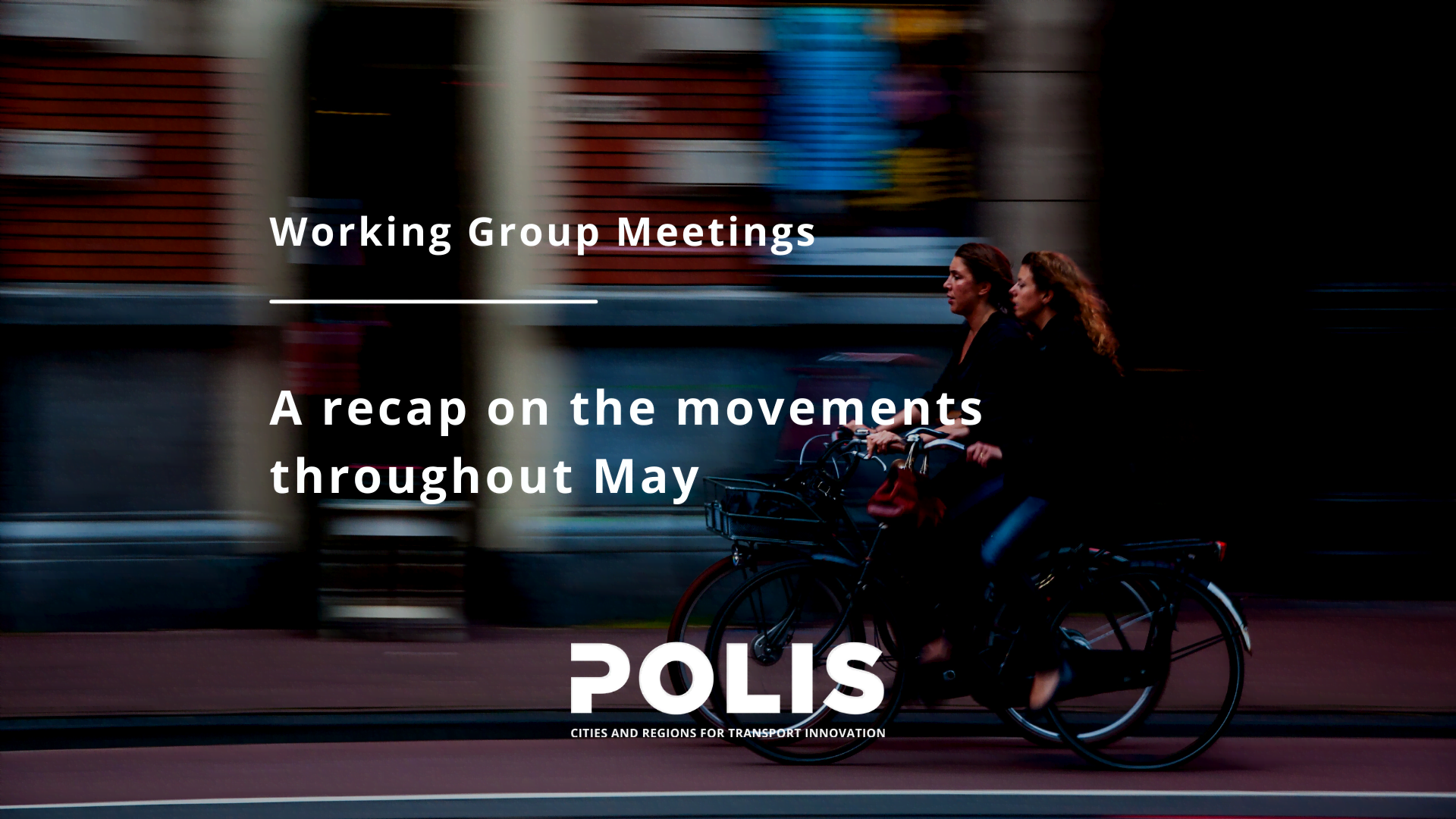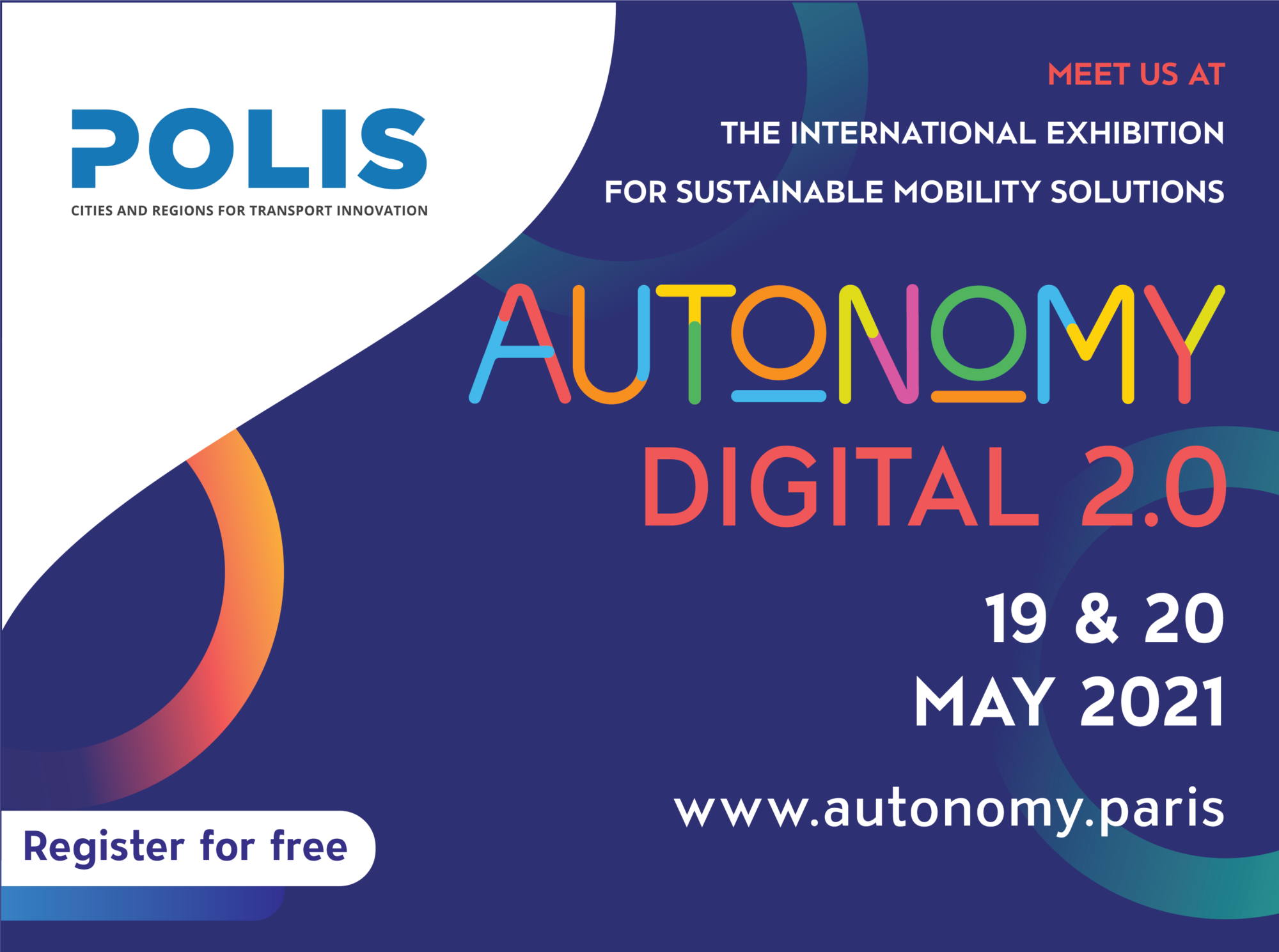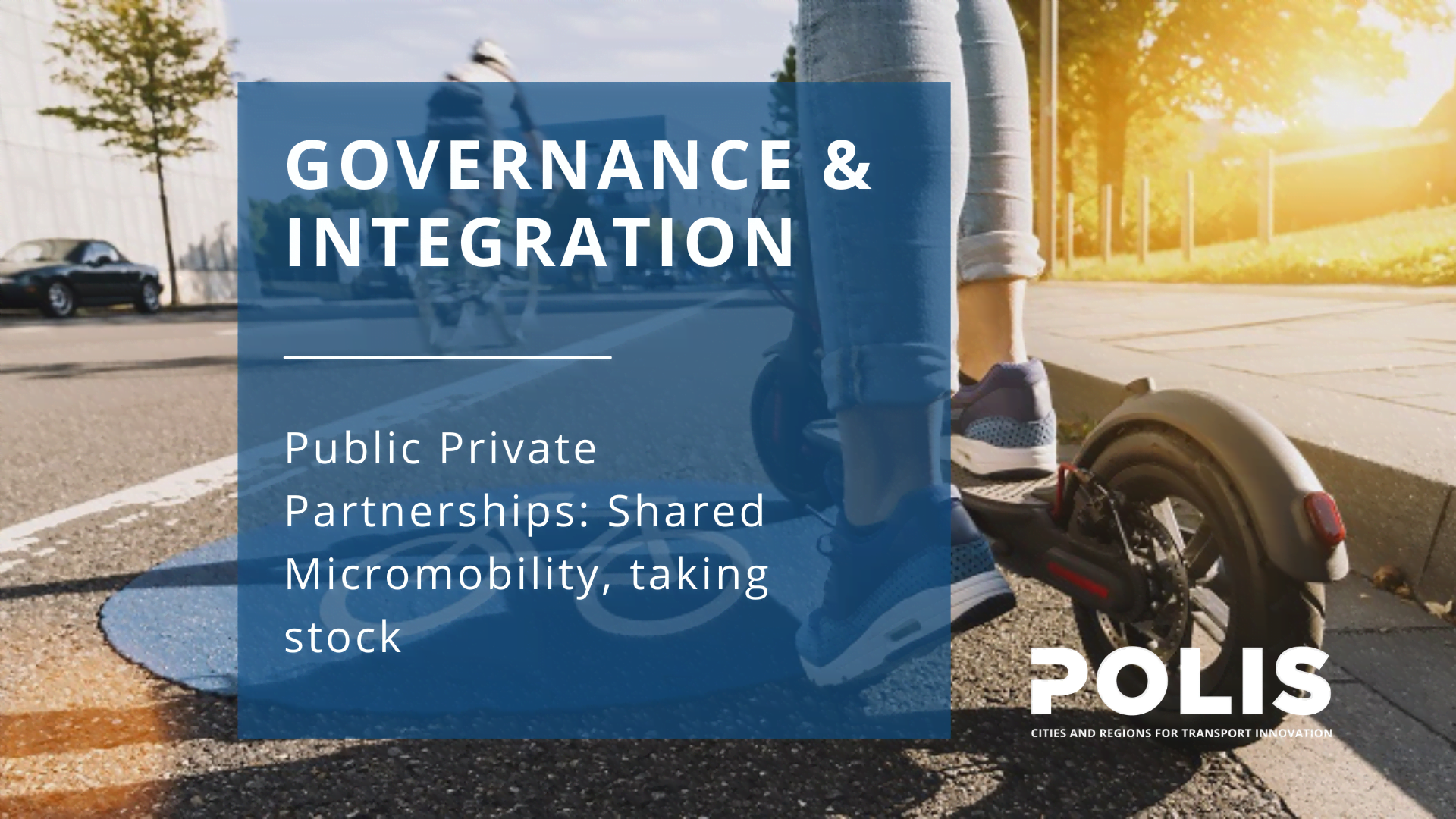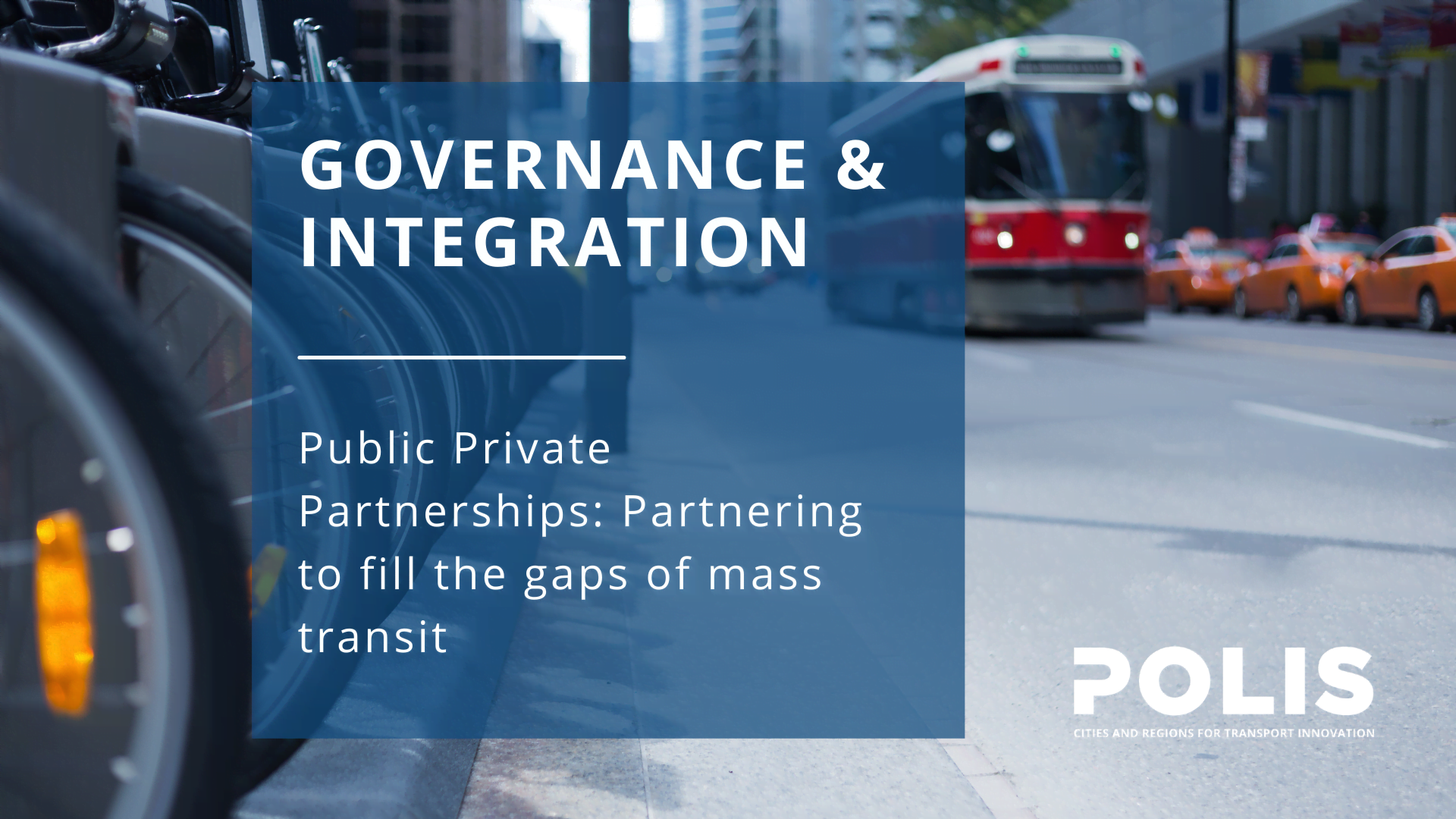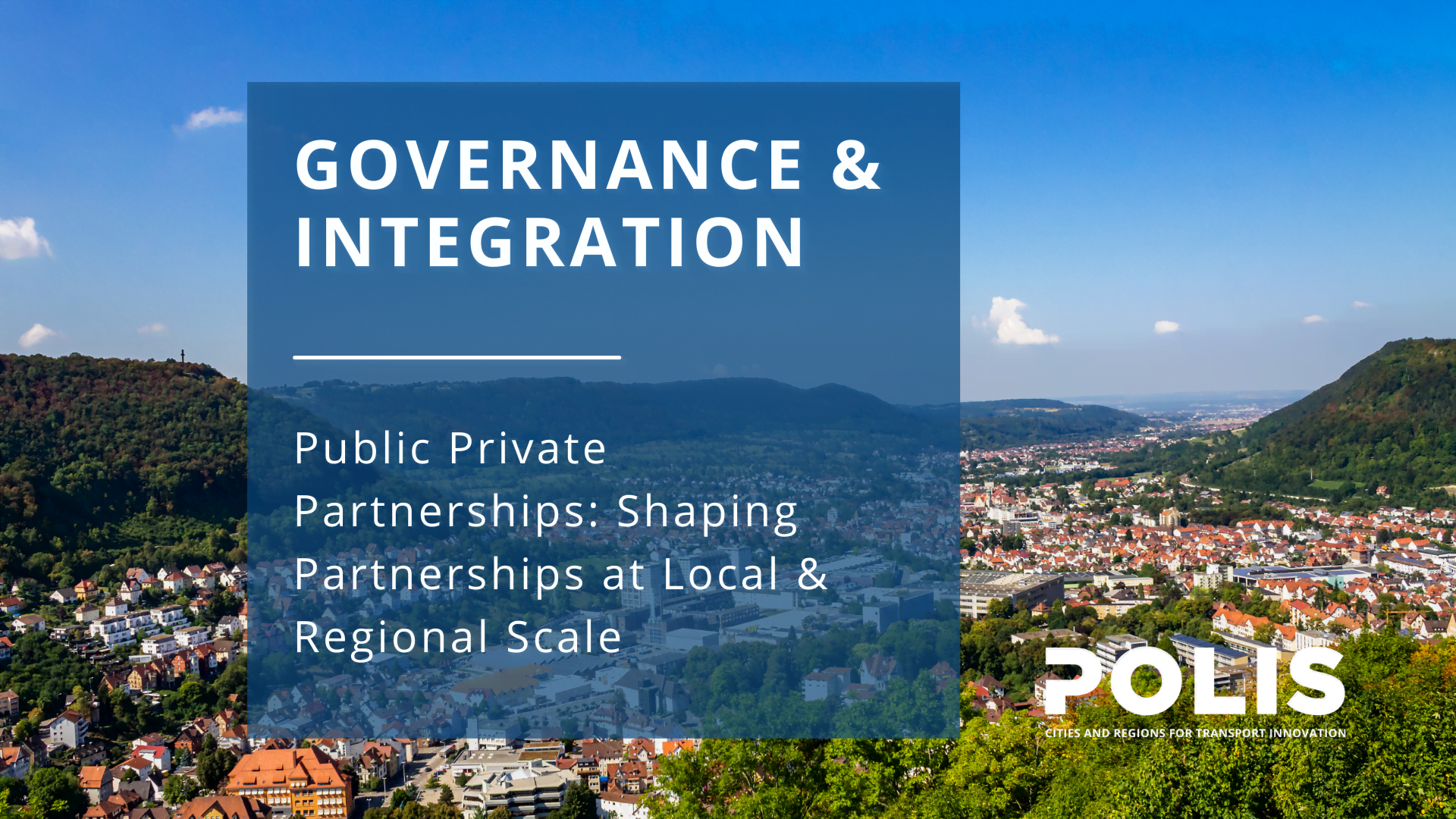Governance & Integration
The Governance & Integration Working Group tackles key challenges faced by local and regional authorities in shaping policies to accelerate sustainable urban mobility. Its discussions focus on enhancing equity, safeguarding public interest, and responding to rapid technological advancements.
The future of public transport remains a significant focus, with discussions on how autonomous vehicles, digital ticketing systems, and real-time passenger information can transform efficiency and accessibility. These innovations offer great potential to modernise public transport, but they require careful planning and regulation to ensure they benefit all users, particularly in underserved areas.
A central topic is the integration of shared micromobility services and Mobility as a Service (MaaS) in cooperation with different Working Groups. The group explores how services like bike-sharing, e-scooters, and MaaS platforms can work together to create seamless, multi-modal transport systems. By integrating various modes—such as public transport, shared mobility, and ride-hailing—into a single platform, cities can improve connectivity, especially for first- and last-mile journeys. This approach aims to reduce car dependency, making sustainable options more convenient and accessible.
Public-private engagement and leadership for change are seen as essential to driving sustainable mobility. The Group explores how public authorities can collaborate with private mobility providers, fostering innovation while ensuring public interests such as sustainability and accessibility. Strong leadership is crucial to managing these partnerships and driving long-term, strategic change. Leaders must adopt a forward-thinking approach that balances innovation with social and environmental goals.
On the employment front, the Group combines discussions on labour and transition management. As digitalisation and automation reshape the transport sector, the workforce must adapt. The Working Group highlights the need for reskilling and upskilling workers to meet the demands of new technologies. At the same time, managing the transition towards more sustainable transport systems requires careful planning, ensuring that technological shifts are inclusive and socially equitable.
A critical issue raised by the Working Group is transport poverty—the inability of certain groups to access reliable, affordable, and sustainable transport. This affects low-income communities, the elderly, and people living in suburban or rural areas. The Group stresses the importance of developing policies that address this inequality, ensuring that mobility solutions are accessible to everyone, regardless of socio-economic status. By tackling transport poverty, cities and regions can improve social inclusion and ensure that all citizens benefit from sustainable urban mobility.
Relevant publications
Most relevant and recent reports published, focusing on urban freight:
- Arthur D. Little x POLIS report: ‘The future of mobility 5.0 (2024)
- Catch me if you can! – Micromobility paper (2023)
- Upcoming report: Careful what you wish for…Practical implications of regulatory requirements for Shared Micro-mobility
Topic priorities for 2024
Our current topic priorities for 2024 are the following:
- Strengthening public-private mobility partnerships: Enhance collaboration between public authorities and private mobility providers to drive innovation, ensuring sustainability, equity, and public interest remain priorities.
- Promoting leadership for change: Encourage leadership that drives long-term, sustainable mobility transformations, focusing on innovation, inclusivity, and adaptability in transport systems.
- Policy nudging for behaviour change: Implement systems thinking and policy nudging strategies to encourage sustainable transport habits, promoting public transport, walking, and cycling through incentives and urban design.
- Addressing transport poverty and diversity: Develop inclusive transport policies that address the needs of underserved communities, women, children, the elderly, and people with disabilities, ensuring affordable and equitable access to mobility services.
- Reskilling the workforce for digital Transport. Launch training programmes to help workers transition into roles in a tech-driven transport sector, preparing the workforce for automation and digitalisation.

Image: Anti Rozetsky/Unsplash

Regulatory frameworks


